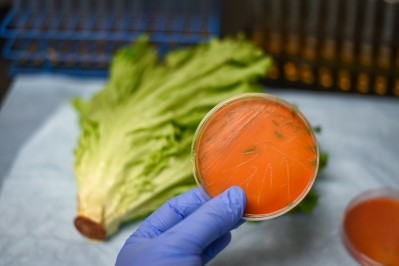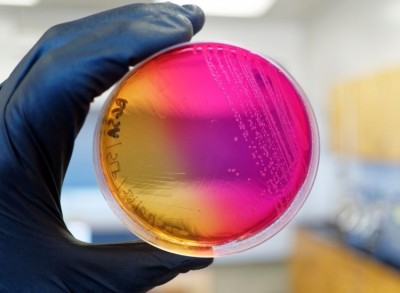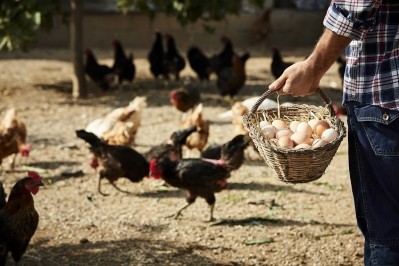NEWS IN BRIEF
Microbial contaminants in plant-based ingredients put under the microscope

The trend for plant-based meat and dairy products has well and truly taken hold. Yet researchers have raised concerns a ‘significant gap in knowledge’ exists around potential risks of associated microbial contaminants.
New plant ingredients often contain unknown types and levels of microbes. Many plant-based proteins come from crops that are sourced close to the soil and can be contaminated with a wide range of organisms, according to NIZO Food Research in the Netherlands.
“These can include spore-forming bacteria that may survive heat treatments, for example. Various microbes can also be introduced during harvesting and storage, or the plant protein manufacturing process.”
This, researchers explain, complicates the design of efficient processing conditions and stable product formulations, as well as the carrying out of effective troubleshooting when microbiological contamination occurs in finished products.
To better understand and predict potential food safety and quality risks from microbial contamination in new plant protein ingredients, more research is required into the levels, types and behaviours of microbes, and the impact of formulation, processing, and storage conditions on them.
In response, a public-private consortium will carry out a multi-year research project aimed at investigating potential food safety and quality risks in plant-based food products, such as dairy alternatives.
NIZO Food Research is coordinating the project, which also includes Wageningen University & Research and HAS Green Academy, alongside industry partners The Coca-Cola Company, Tetra Pak, Bel, Arla Foods, Yili, and FrieslandCampina, amongst others. Topsector Agri & Food is providing financial support to the consortium.
The objective is to deliver insight into the levels and types of microbial contaminants in over 80 plant-based ingredients, their potential to survive processing, and the risks they may pose through growth and/or the production of toxins in foods.
Data collected will be used for the development of microbial predictive models. These will be verified in real products to identify risks and can be used to define strategies for long-term structural solutions for prevention of microbiological spoilage or safety issues.
“Safe food is critical for public health, but we also need to minimise product recalls to prevent downgrading or destruction of valuable foods,” said Dr Robyn Eijlander, project manager and microbiology expert at NIZO.
“New developments in food production and the protein transition raise fresh and unknown challenges that can hamper these objectives. We are delighted to see the level of support and commitment of private and public organisations to tackling this issue together, which will have a positive impact on future innovations of plant-based food worldwide.”

















